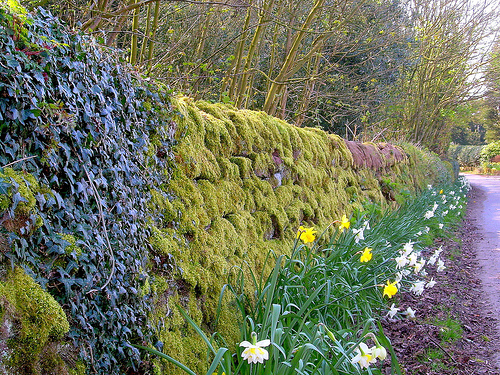British summer advancing since the mid 1950s
(University of Sheffield) The onset of summer in England has been advancing since the mid 1950s, research from a pair of University of Sheffield geographers has shown. The investigations, conducted by Amy Kirbyshire, a former undergraduate of the University, and Professor Grant Bigg, Head of the Department of Geography at the University, examined records of the first blooming date of early summer flowering plants (phenology) and the timing of first occurrences of warm “summer” temperatures — events linked with the onset of summer. Results revealed that the occurrence of ‘summer’ temperatures has advanced by 11 days in the 1990s compared to the period 1954-1963, while early summer flowering has advanced by three days. If this analysis is extended to 2007, the advance reaches 18 days. Globally, research has shown the climate has undergone increasingly significant warming in the last half century, with the second half of the twentieth century likely to be the very warmest period in at least the last 1,300 years (IPCC 2007). However, until Ms Kirbyshire’s and Professor Bigg’s investigations, research into seasonal change has focused on and demonstrated an early onset to Spring and a delay in the onset of Autumn, as opposed to any changes in the onset of Summer. In addition, such research has almost exclusively featured only phenological records as an indicator for change, without considering temperature as an indicator in its own right. Ms Kirbyshire’s and Professor Bigg’s research combined both phenology and a mean daily temperature series from the Hadley Centre’s Central England Temperature. Mean temperature was chosen due to the fact it is less susceptible to local microclimate influences than maximum temperature. For the purpose of the study, the threshold temperature chosen to represent summer onset in the mean temperature series was 14C. For the phenology side of the research, the first flowering dates of 385 plant species that flower in early summer (May and June) were used as an indicator of the start of summer. … Professor Grant Bigg, Head of the Department of Geography at the University, said: “There has been a lot of attention paid to the shift to earlier Springs but we’ve shown similar advancement in summer conditions. This could have the same implications as the shift to earlier Springs for increased ecological divergences, as well as extending the time for summer weather extremes.”
